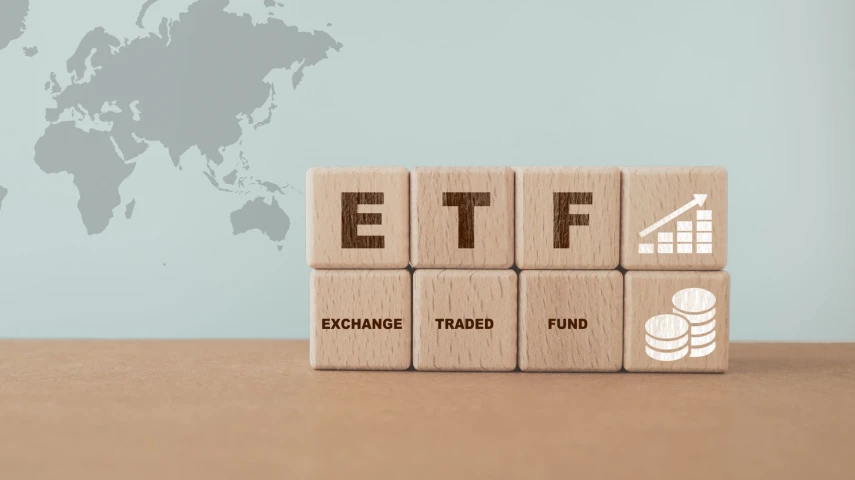Lakehouse Capital debuts first ETF on ASX



Lakehouse Capital has listed its first exchange-traded fund (ETF) on the ASX, based on an existing fund with exposure to mid-to-large growth companies.
The Sydney-based boutique fund manager was established in 2016 and manages $600 million across two primary funds: the Lakehouse Global Growth Fund, focusing on mid-to-large capitalisation companies worldwide; and the Lakehouse Small Companies Fund, targeting fast-growing smaller companies in Australia and New Zealand.
On 7 April 2025, Lakehouse Capital launched its Global Growth Fund on the ASX in an ETF structure, titled the Lakehouse Global Growth Fund Active ETF (LHGG).
The Lakehouse Small Companies Fund has delivered an annualised return of 17.4 per cent since inception in November 2017, ahead of the MSCI All Country World Index benchmark’s 11.8 per cent annualised return.
Listing the fund as an ETF marks a “significant milestone” for Lakehouse Capital, described its co-founder and chief investment officer, Donny Buchanan.
“We’re delighted to broaden investor access and reduce administrative complexity by adding access via the ASX. Investors increasingly seek simplicity, transparency, and ease of access – an ETF structure meets these needs perfectly,” he commented.
Lakehouse Capital’s active approach offers investors a “compelling alternative” to passive index funds, the fund manager stated, particularly amid current volatility in North American markets. It noted over 60 per cent of LHGG’s revenue is generated from outside the US.
Nick Thomson, portfolio manager at Lakehouse Capital, said the firm’s long-term, high- conviction approach allows investors to focus on companies with clear strategic advantages built around loyalty, network effects, and intellectual property.
According to Lakehouse, these three strategic advantages are defined as:
- Loyalty – Businesses with an intense focus on customer loyalty and retention.
- Network effects – Businesses that provide a product that increases in value as the number of users expands.
- Intellectual property – Intangible assets that aren’t on the balance sheet but provide longevity and pricing power.
“Businesses with these characteristics offer more reliable recurring revenue streams and superior growth potential, particularly when positioned in industries benefiting from long-term secular growth trends. We believe investing this way puts the power of compounding on the side of the long-term investor,” Thomson said.
The fund maintains a concentrated portfolio of approximately 20 positions, with prominent holdings such as Latin American e-commerce platform Mercado Libre, Japanese cloud-based software business Sansan, and Dutch global payments innovator Adyen.
Money Management recently compiled the new ETFs that hit the market in the first quarter of the calendar year. A dozen Australian fund managers announced new products via the ASX or Cboe, including names such as Vanguard, Betashares, and Global X.
Recommended for you
One of Australia’s largest ETF products lost over $300 million in outflows during March as international equity ETFs suffered steep declines in flows.
Australian Ethical Investment has welcomed an independent non-executive director to its board, who previously spent a decade as Colonial First State’s CEO.
Global X has painted a worrying picture for active ETFs in Australia, with investor adoption proving uneven and the popularity of its low-cost index counterparts only growing stronger.
Australian equity ETFs attracted record inflows of $3.2 billion in 1Q25, while heightened volatility led to a decline in flows for global equity ETFs, according to Vanguard.















